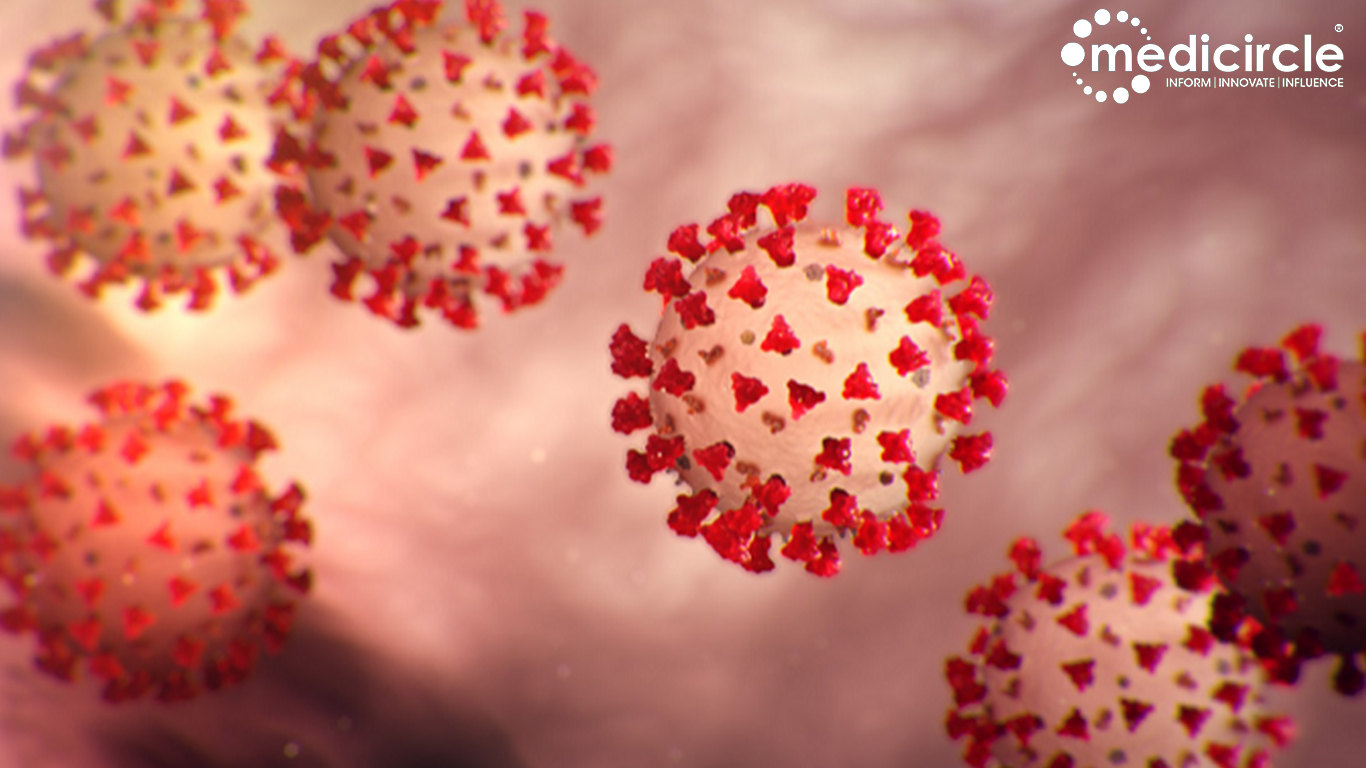A recent research has revealed critical insights into why some individuals are more susceptible to severe viral diseases, such as COVID-19. Conducted by researchers at the University of Zurich (UZH) in collaboration with a team from the University Hospital Zurich (USZ), this research highlights the role of autoantibodies against type 1 interferons in compromising the immune response.
Understanding Autoantibodies and Type 1 Interferons: Type 1 interferons are proteins produced by immune cells in response to viral infections. They act as early messengers, alerting uninfected cells and tissues about the presence of a virus, enabling these cells to prepare and defend against the infection. However, some individuals develop autoantibodies that target and neutralize type 1 interferons, preventing these crucial proteins from performing their protective functions.
The study, published by researchers at UZH, analysed a vast collection of historical blood samples from the Swiss HIV Cohort Study. These samples, donated by around 2,000 adults over several decades, provided a unique opportunity to investigate the presence and implications of autoantibodies against type 1 interferons.
Prevalence and Onset of Autoantibodies:
- About 2% of the population develops autoantibodies against type 1 interferons.
- The onset of these autoantibodies typically occurs between the ages of 60 and 65.
- Once developed, these autoantibodies remain detectable in the blood for the rest of the individual’s life.
Implications for Viral Infections:
- Individuals with autoantibodies against type 1 interferons are more susceptible to severe viral infections.
- Between 5% to 15% of those hospitalized with severe COVID-19 or influenza had a type 1 interferon response deficit due to the presence of these autoantibodies.
- The study confirmed that individuals who had developed autoantibodies years earlier were more likely to suffer severe COVID-19 in 2020.
The researchers identified several factors that contribute to the development of autoantibodies against type 1 interferons:
- Loss of Self-Tolerance: As some individuals age, they become prone to producing autoantibodies against various proteins in their own bodies, a condition known as loss of self-tolerance.
- High Levels of Type 1 Interferons: Continuous exposure to high levels of type 1 interferons, due to persistent infections or other immune system triggers, may increase the likelihood of autoantibody formation.
Long-Term Consequences and Future Implications: The presence of autoantibodies against type 1 interferons has long-term consequences. These autoantibodies compromise the type 1 interferon system, reducing the body’s ability to mount an effective defense against viral infections. As a result, individuals with these autoantibodies are at a higher risk of severe illness from viruses like COVID-19.
Potential Diagnostic and Preventive Measures:
- The study’s findings could lead to the development of diagnostic tests to identify older individuals at risk of developing autoantibodies against type 1 interferons.
- Early identification of at-risk individuals could facilitate targeted preventive measures, such as prioritizing these individuals for vaccines or antiviral treatments to reduce the severity of viral infections.
The study provides crucial insights into the role of autoantibodies against type 1 interferons in increasing susceptibility to severe viral infections. By understanding the prevalence, onset, and long-term consequences of these autoantibodies, healthcare professionals can develop targeted strategies to identify and protect at-risk individuals. As the fight against viral diseases continues, these findings highlight the importance of comprehensive research and innovative approaches to enhance public health and safety.

 Early identification of at-risk individuals could facilitate targeted preventive measures, such as prioritizing these individuals for vaccines or antiviral treatments to reduce the severity of viral infections.
Early identification of at-risk individuals could facilitate targeted preventive measures, such as prioritizing these individuals for vaccines or antiviral treatments to reduce the severity of viral infections.










.jpeg)











.jpg)








